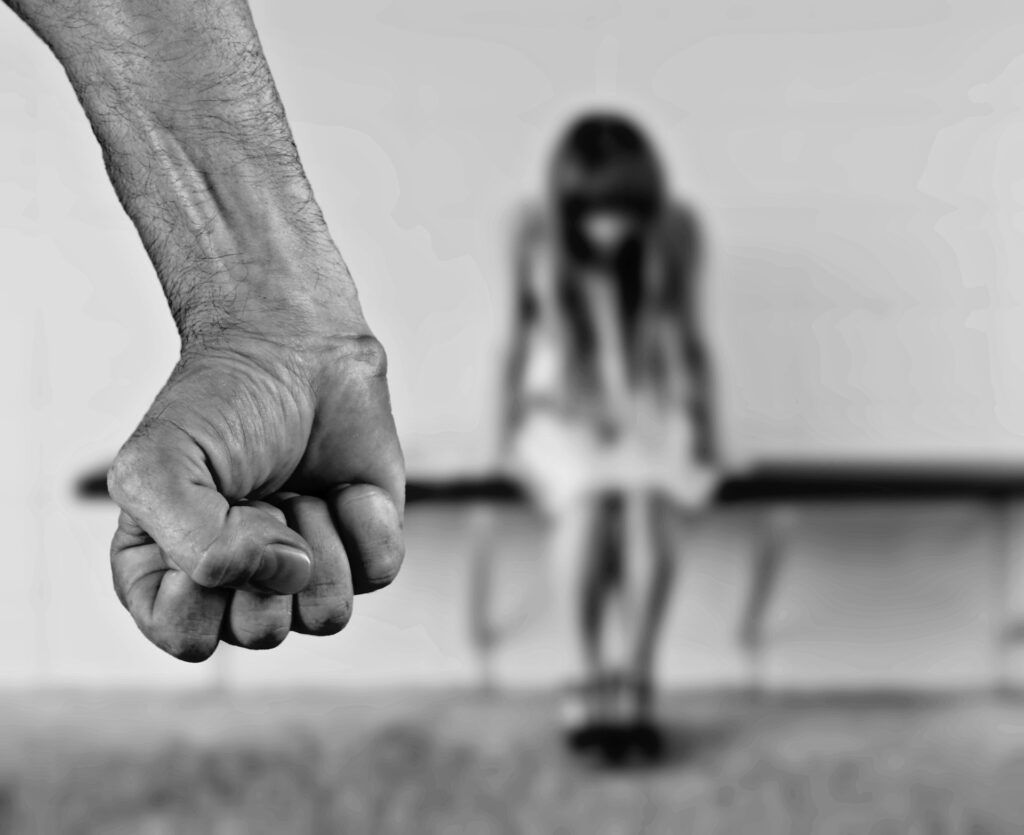The police have a responsibility to conduct a thorough and complete investigation before they decide to lay charges. However, it is common in domestic assault situations to take a statement from the complainant and arrest the accused. Far too often our clients tell us that the arresting officer tells them that they had no choice to lay the charge and that the lawyers will figure it out. Not only is this line of thinking incredibly inappropriate, it causes significant harm to an accused.

Once the police have decided to lay charges, you will be advised of the offence and provided information on contacting legal counsel. You will also be asked if you wish to provide a statement and that what you say in that statement can be used against you. The officer will then place you in handcuffs, put you in a police vehicle and take you to a district police station or Arrest Processing, depending on where you are located.
Once back at the police station, you will be given the opportunity to call a lawyer. This is one of the most important things you can do during the process. You can call a private lawyer or be given the Legal Aid phone number for free legal advice. That advice will likely be to not say anything and to be polite and respectful with the police.
The police can release you in a variety of ways including by way of a Promise to Appear in court. This is the quickest and most efficient way to be released. Included in the Promise to Appear will be a number of conditions that you must abide by upon release.
Most often in the case of a domestic assault, you will have to attend a bail hearing in front of a Justice of the Peace. This hearing must occur within 24 hours of your arrest and is often done by phone or video-link. Depending on the severity of the allegations and your criminal record, the prosecutor can either chose to seek your release or detention. If they are seeking detention, it is important to hire legal counsel to help get you released as soon as possible. If the prosecutor agrees to release, you will be given certain conditions which you must abide by including no contact with the complainant and a no go to the shared residence.
The last step before being released is that you will be provided with a first appearance court date. You must attend in person or hire a lawyer to attend on your behalf. If you fail to appear on the court date, a warrant will be issued for your arrest.
